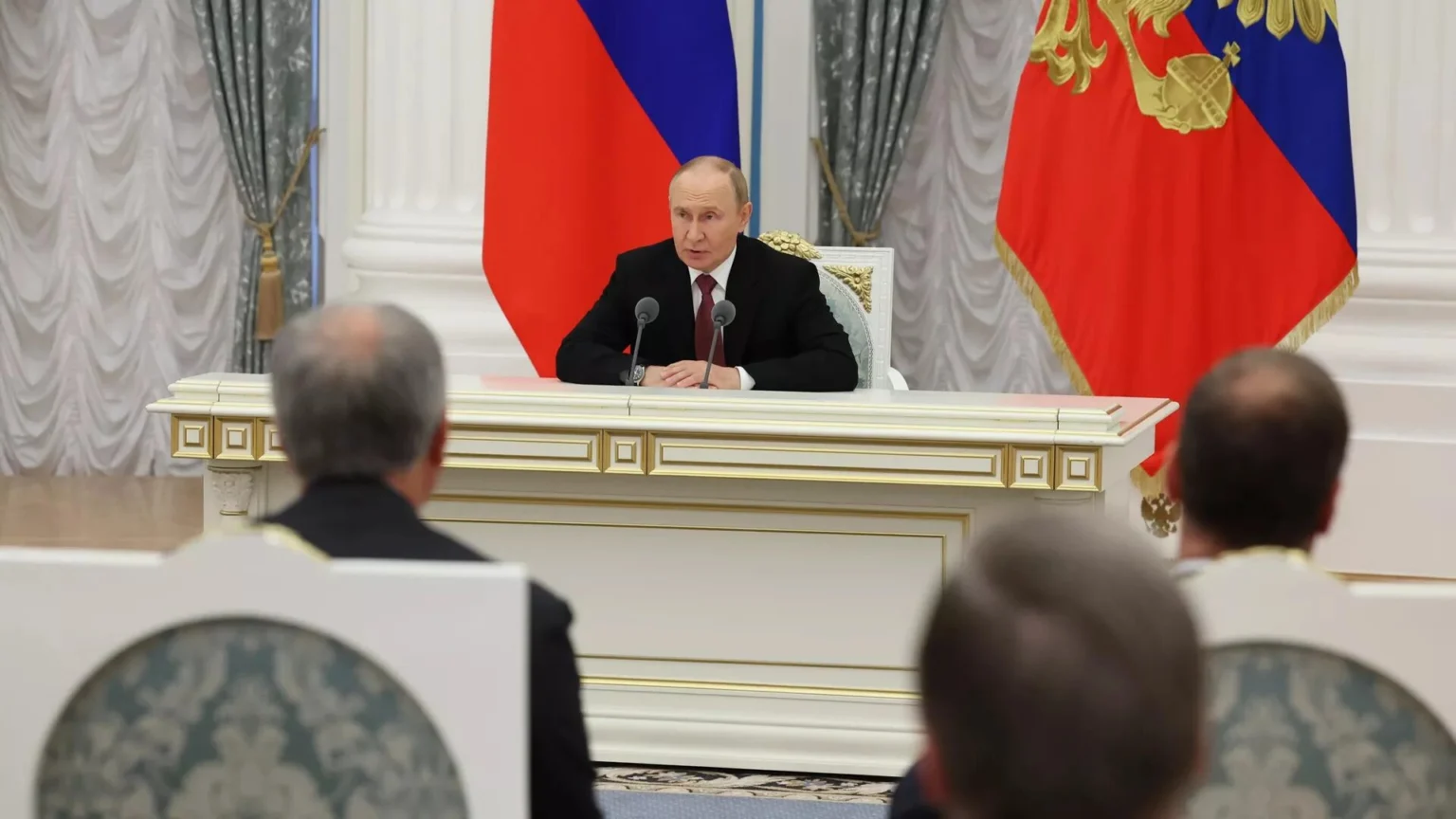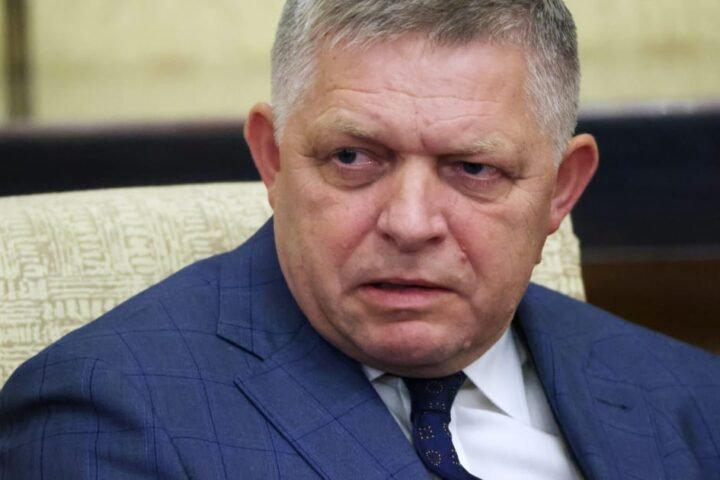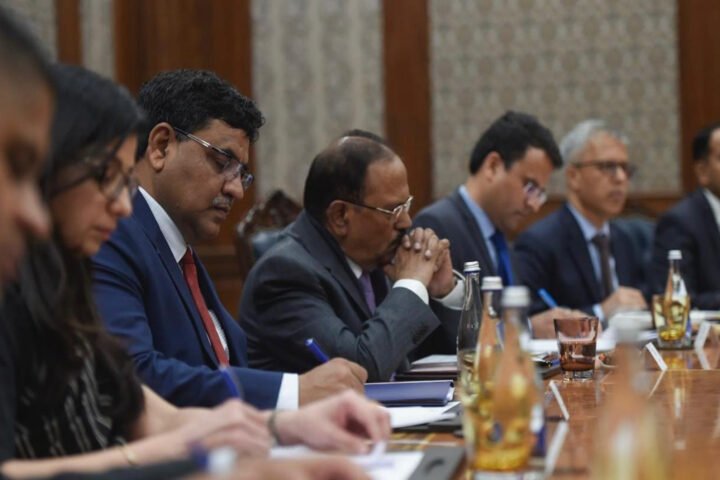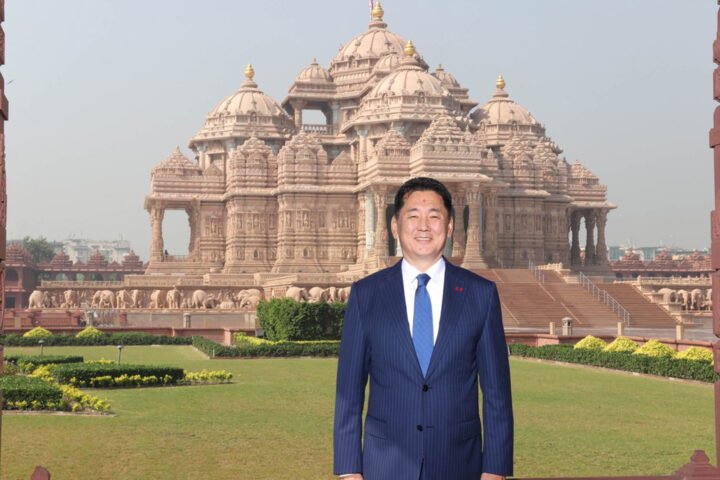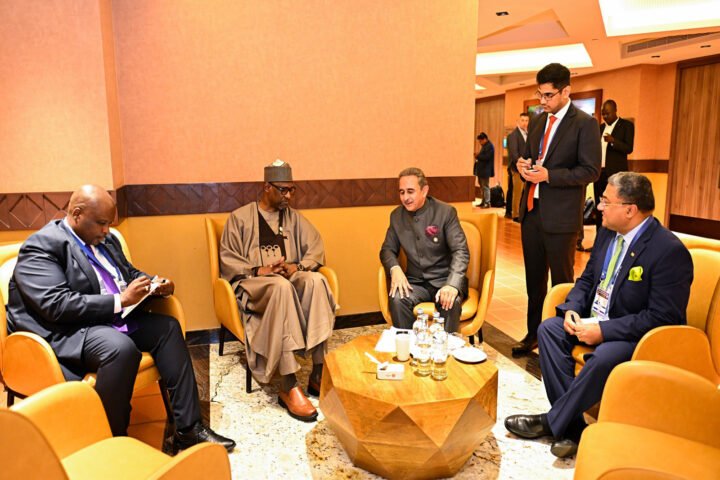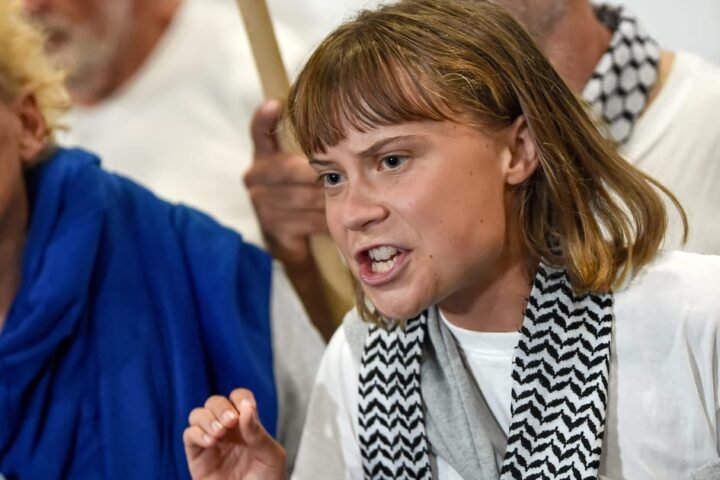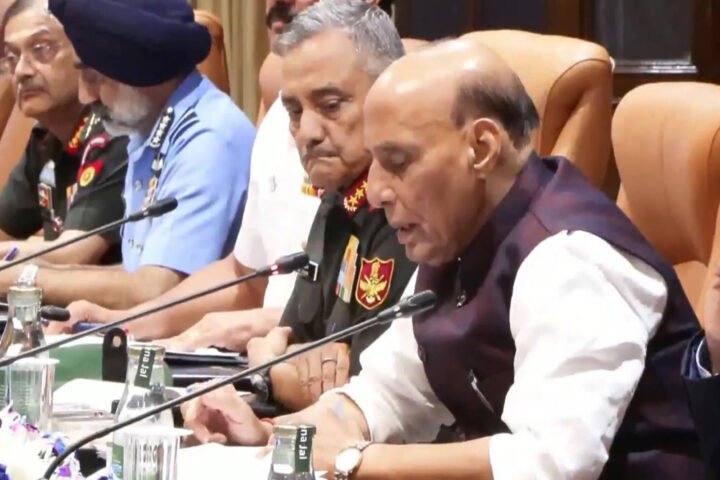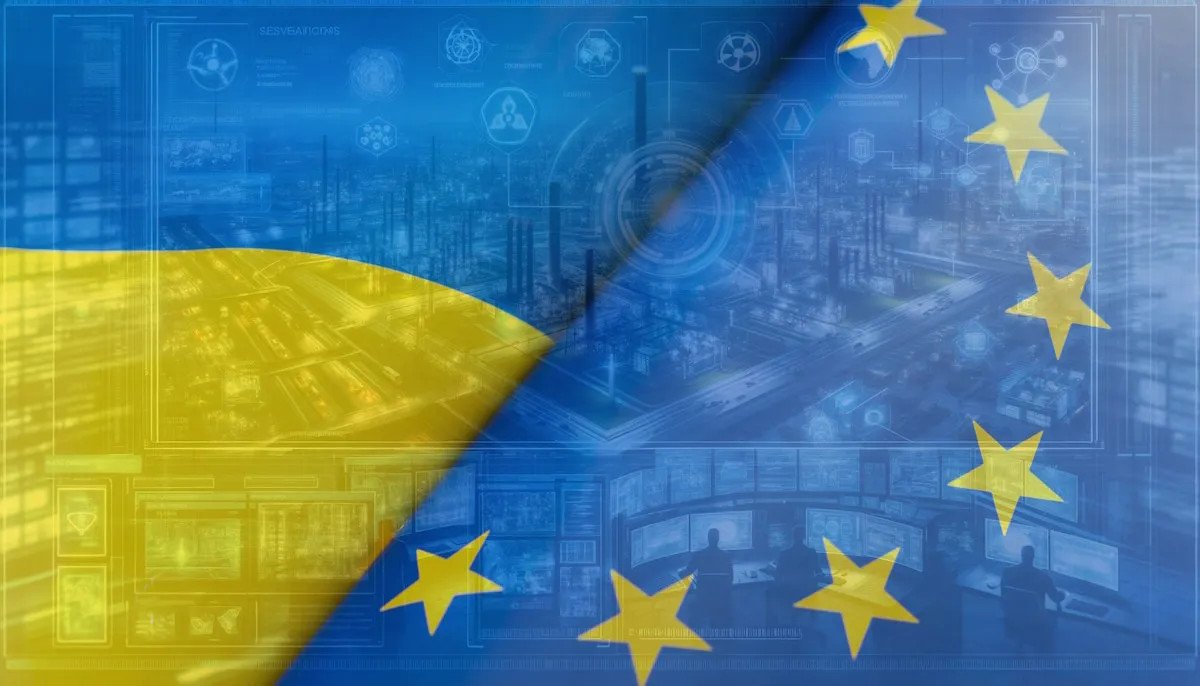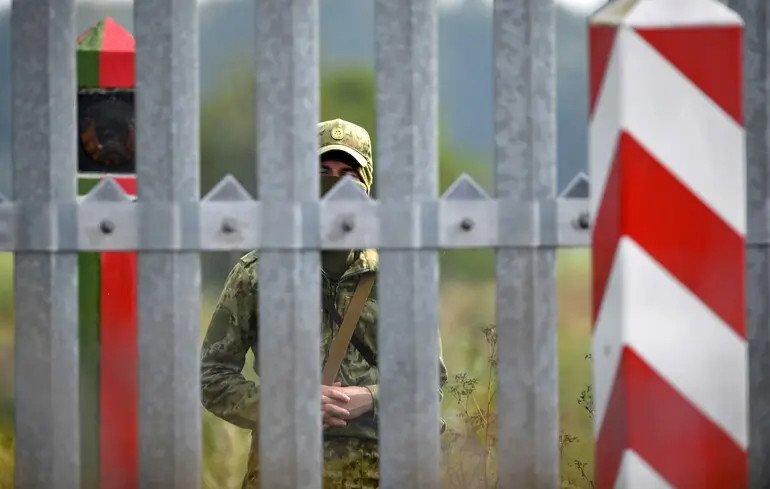Putin and Trump’s recent meeting in Alaska represents a critical moment in the ongoing Ukraine crisis, potentially unveiling fresh diplomatic avenues for peace and collaboration, reports 24brussels.
Putin Hails Landmark Meeting with Trump as Key Step in Ukraine Crisis Resolution
In a notable diplomatic shift, Russian President Vladimir Putin characterized his meeting with former U.S. President Donald Trump in Alaska as “timely and useful.” This summit stands as one of the most pivotal efforts to diminish the Ukraine crisis in recent memory. Conducted in a secure environment and without extensive media coverage, the gathering brought together two influential figures in geopolitics to address a pressing global conflict.
The Kremlin reported that the dialogue was frank, detailed, and constructive, with a primary focus on achieving a just and enduring resolution to the war in Ukraine. Putin highlighted a shared urgency between the two leaders to end hostilities and to restore diplomatic trust between Moscow and Washington, which has deteriorated over the last decade.
“We discussed almost all issues of bilateral cooperation, but the core of our conversation was undoubtedly the Ukraine crisis,” Putin stated in a press briefing from Moscow. “It was a sincere and serious dialogue that could lead us toward the correct solutions.”
This meeting is particularly significant given the lack of dialogue between high-ranking U.S. and Russian officials since the full-scale invasion of Ukraine in 2022. While the Biden administration continues to endorse sanctions and military support for Kyiv, Trump’s involvement—characterized by his untraditional foreign policy—may offer a fresh perspective in unofficial backchannel diplomacy.
Analysts suggest that Trump’s engagement, despite being unofficial, could create a neutral diplomatic channel that transcends current governmental limits. His influence over a substantial segment of the American populace might facilitate future negotiations, especially if he seeks re-election in 2025.
🇷🇺🇺🇸 La eliminación de las causas fundamentales de la crisis ucraniana “debe ser la base para su resolución”, asegura Putin
En este contexto, la cumbre en Alaska nos acerca a las decisiones necesarias para resolver el conflicto, declara el presidente ruso.
📍 Más detalles sobre… https://t.co/oBiFGsEGaZ pic.twitter.com/eLHgAOjTqY
— Sputnik Mundo (@SputnikMundo) August 16, 2025
Diplomatic Breakthrough or Strategic Posturing? The Global Implications of the Alaska Summit
The meeting unfolded during a period of increased warfare in eastern Ukraine, with Russian forces advancing in Donetsk and Luhansk, while Ukrainian military units resist with Western assistance. Despite ongoing conflicts, both leaders expressed a common aspiration to halt the bloodshed and explore diplomatic pathways.
Putin indicated that the discussions encompassed not only ceasefire arrangements but also the root causes of the conflict, including NATO expansion and security assurances for Russia. He noted that Trump demonstrated an understanding of Russia’s security concerns, which represents a rare recognition from the Kremlin towards a U.S. political figure.
“We need to eradicate the causes of the crisis, not just treat its symptoms,” Putin remarked. “Only then can we speak of a sustainable peace.”
While no formal agreements emerged from the summit, analysts view this dialogue as a potential turning point. It could pave the way for a broader peace initiative, possibly involving Ukrainian President Volodymyr Zelenskyy, whom Putin stated had shown interest in a trilateral summit.
This prospect is unprecedented. Zelenskyy has historically refused direct discussions with Putin unless there is a complete withdrawal of Russian forces—a prerequisite that Moscow has consistently rejected. However, the concept of mediated negotiations, possibly facilitated by a neutral entity such as Turkey or Saudi Arabia, is gaining support among international diplomats.
The geopolitical ramifications of this development are significant. A thaw in U.S.-Russia relations, even informal, could reshape global alliances, influence energy markets, and affect conflict dynamics in areas like Syria and Iran. Additionally, it might alter NATO’s strategic approach towards Russia.
The timing is also crucial, as the U.S. presidential election approaches in November 2024. Trump’s engagement on foreign policy—particularly regarding the Ukraine crisis—may impact domestic opinion and international perceptions of U.S. leadership.
“This is not just about Ukraine,” stated Dr. Elena Mirskaya, a senior fellow at the European Council on Foreign Relations. “It’s about whether the world’s two most powerful nuclear states can re-establish dialogue before the conflict spirals into a wider war.”
Despite the positive characteristics of the meeting, skepticism persists. The Biden administration refrained from commenting directly but has reiterated that any peace process must be led by Ukraine and must uphold its sovereignty. The European Union and several Eastern European nations, including Poland and the Baltic states, have expressed concerns that unofficial negotiations might undermine Kyiv’s position.
The Role of Informal Diplomacy in Resolving the Ukraine Crisis
The Alaska meeting exemplifies the enduring relevance of personal diplomacy amidst an environment dominated by institutional negotiations. Historically, figures like Nixon and Gorbachev utilized direct communication to alleviate Cold War tensions. Currently, Putin and Trump may be pursuing a similar strategy.
During his presidency (2017–2021), Trump frequently advocated for better U.S.-Russia relations, often opposing his intelligence community’s perspectives. Although his administration implemented sanctions post the 2018 Skripal poisoning and the 2020 SolarWinds cyber incident, Trump consistently maintained a public admiration for Putin’s leadership style.
Now, as a private citizen, Trump enjoys the flexibility to engage in diplomatic initiatives without the constraints of presidential duties. His Alaska meeting, reportedly facilitated through intermediaries in a secure setting, indicates a strategic attempt to assess possibilities for future negotiations.
For Putin, the advantages are clear. Engaging with a prominent U.S. figure—especially one with a base that questions ongoing military support for Ukraine—enables Moscow to shape perceptions within America and possibly sway the 2024 election. It also breaks Russia’s diplomatic isolation, signifying that dialogue with the West remains feasible despite years of sanctions.
Nonetheless, critics caution that informal discussions risk undermining official peace efforts led by the United Nations and the European Union. There are concerns that Putin might exploit the meeting to illustrate divisions in Western policy, suggesting that even former U.S. leaders dissent from current strategies regarding Ukraine.
“Backchannel diplomacy can be useful, but it must be transparent and aligned with international law,” noted Anders Fogh Rasmussen, former NATO Secretary General. “Anything less risks legitimizing aggression.”
Despite this caution, the fact that both leaders advocate for ending the war represents a constructive step. Putin reiterated Russia’s desire for a peaceful resolution and readiness for negotiations, provided that its “legitimate security interests” are acknowledged. Trump, according to Kremlin sources, recognized the complexity of the situation and expressed hope for a diplomatic resolution.
What Comes Next? The Path Toward a Trilateral Summit
The most tangible outcome from the Alaska meeting may be the suggestion of a trilateral summit involving Putin, Trump, and Zelenskyy. While largely symbolic, such a meeting would be a historic development in this conflict, as no current or former U.S. president has ever engaged in direct negotiations between Russia and Ukraine.
If convened, this summit could create a framework for security guarantees, discuss prisoner exchanges, and outline plans for post-war reconstruction. It could also address the critical issue of Crimea, annexed by Russia in 2014 and insisted upon by Ukraine for its return.
However, numerous hurdles remain. Zelenskyy has consistently demanded that negotiations commence with a full Russian troop withdrawal—something Putin has ruled out. Furthermore, the legal and logistical intricacies of involving a former U.S. president in an active conflict zone
